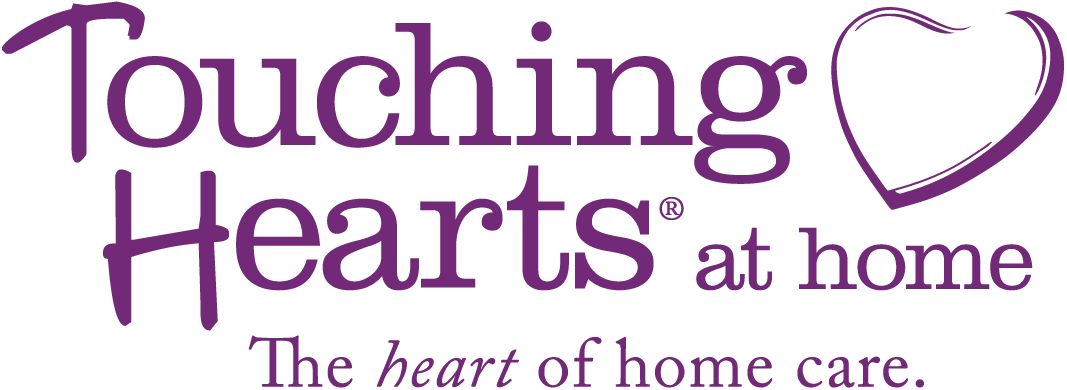At CareAcademy, our team members are passionate about making a difference in the lives of caregivers and […]
Importance of Elder Abuse Training for Home Care Agencies
Elder abuse is an increasingly common and serious problem in the United States. As the older adult population increases and more elders opt to age in place, it is more important than ever for home care agencies to understand and be prepared to help prevent elder abuse for their clients.
So what can home care agencies do to address this problem? The most effective way for agencies to prevent and sound the alarm on elder abuse is to properly train caregivers to identify and report abuse, as well as respectfully and supportively engage with older adult clients.
What is elder abuse?
Elder abuse is the mistreatment of people aged 65 or older. The National Center on Elder Abuse distinguishes seven different types of elder abuse, including physical abuse, sexual abuse, emotional abuse, financial/material exploitation, neglect, abandonment, and self-neglect.
The American Psychological Association outlines these types of elder abuse as follows:
- Physical abuse. Use of physical force that may result in bodily injury, physical pain, or impairment.
- Sexual abuse. Non-consensual sexual contact of any kind with an elderly person.
- Emotional abuse. Infliction of anguish, pain, or distress through verbal or non-verbal acts.
- Financial/material exploitation. Illegal or improper use of an elder’s funds, property, or assets.
- Neglect. Refusal, or failure, to fulfill any part of a person’s obligations or duties to an elderly person.
- Abandonment. Desertion of an elderly person by an individual who has physical custody of the elder or by a person who has assumed responsibility for providing care to the elder.
- Self-neglect. Behaviors of an elderly person that threaten the elder’s health or safety.
Under-reporting and inconsistent definitions of abuse signals that the real prevalence of elder abuse is difficult to pinpoint. However, according to the National Center on Elder abuse, 2 million Americans have experienced elder abuse in the form of abuse or neglect by the very people they entrust with their care and protection.
Considering the rising prevalence of elder abuse and profound harm experienced by victims, home care agencies must be prepared to appropriately train their staff members to address this issue in the field.
The importance of home care agency involvement
Not only are the number of older adults in the United States increasing, so are rates of elder abuse. If home care agencies are invested in supporting clients, they need to ensure elders are safe with their caregivers, as well as when their caregivers leave the home.
Beyond the ethical necessity for home care agencies to work to prevent elder abuse, there are legal risks for agencies who fail to prevent abuse by caregivers. Legal action is commonly taken against caregivers and agencies for elders who have experienced falls, broken bones, pressure sores, failure to send patients to the hospital when necessary, and even for instances of unexplained wrongful death. There can also be significant consequences when caregivers who are mandated abuse reporters aren’t trained to identify and appropriately report abuse.
Most direct care workers are invested in their clients and well-intentioned. However, when caregivers aren’t property trained, elder abuse can be perpetrated by well meaning caregivers.
Components of elder abuse training entail
Caregivers need to be trained in both how to appropriately engage with older adult clients, as well as how to identify elder abuse and take appropriate next steps when necessary.
Proper training for caregivers should include...
- An education on the patient’s rights to dignity, privacy, and respect
- Explicit examples and guidance on practicing ethical behavior with older adults
- Expectations around holding client confidentiality and privacy
- Tools to identify elder abuse and neglect in the home setting
- Information on how to identify and report other types of abuse
If your agency is ready to help your caregivers prevent elder abuse, we’re here to help. Contact us to get your caregivers access to our comprehensive elder abuse training program.






